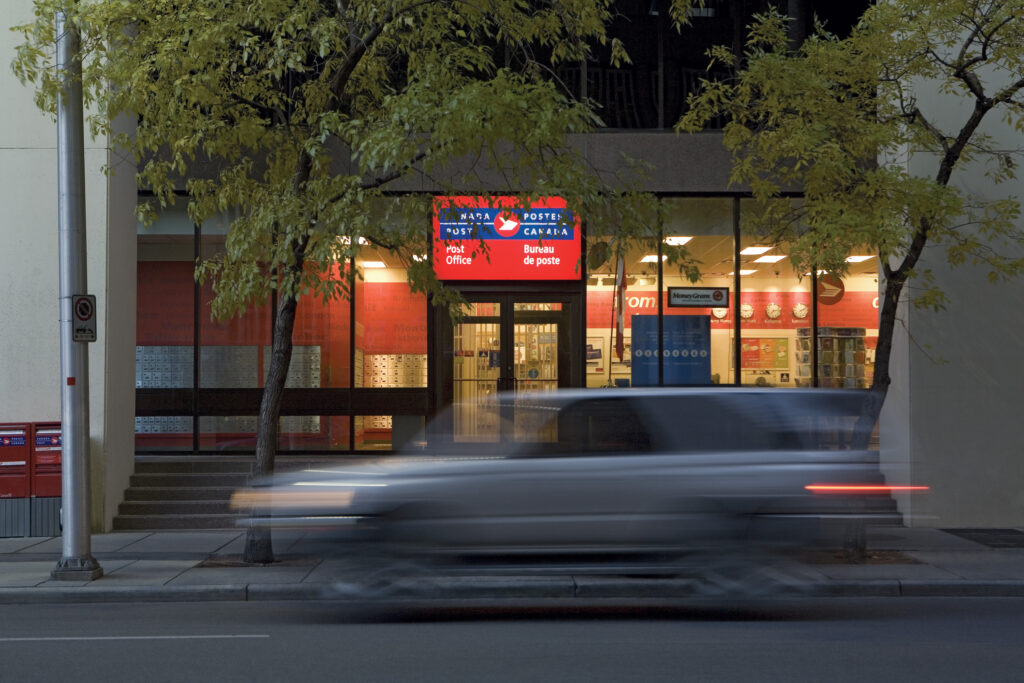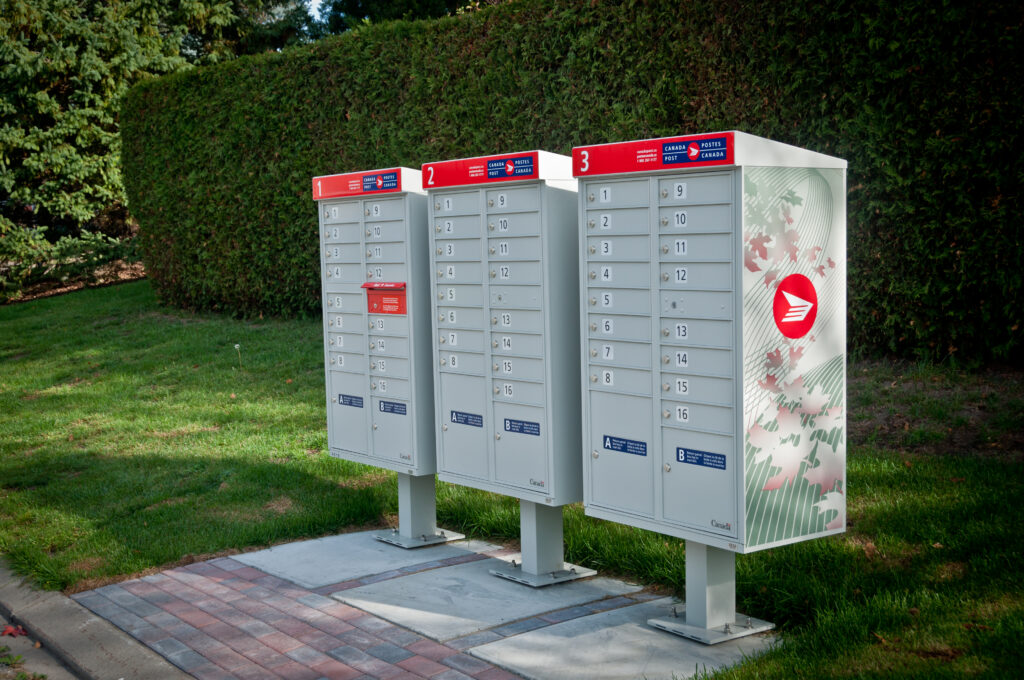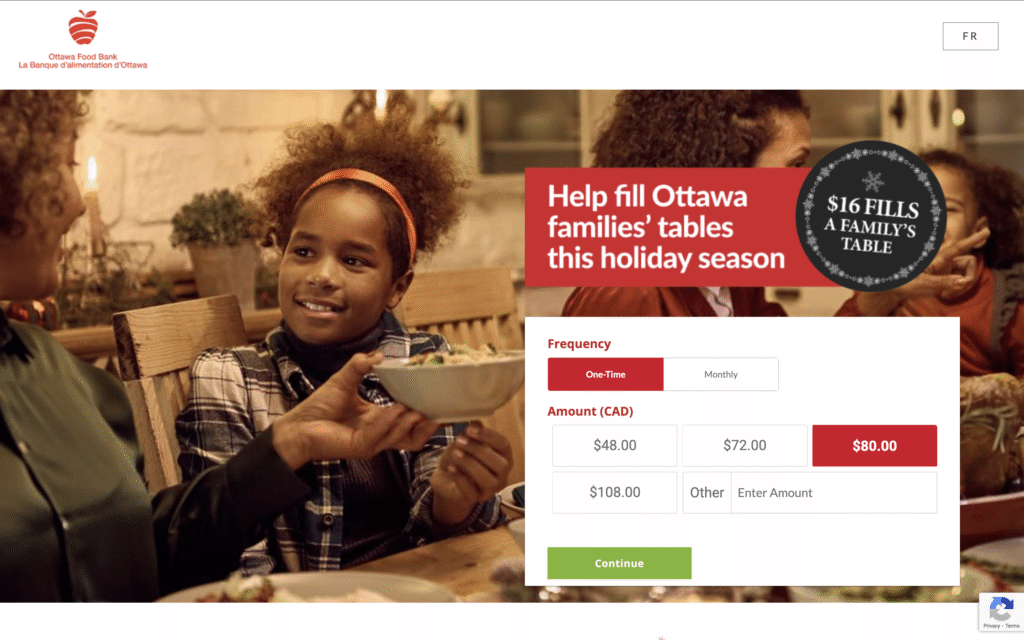When the Mail Slows: How Ottawa Food Bank kept donations flowing despite postal disruption
Updated December 24, 2025
As physical mail slows down across Canada, charities that rely on mail-in donations face an all-too-familiar challenge...every delayed cheque or missing envelope can disrupt critical community support.

On September 25, 2025, the Canadian Union of Postal Workers (CUPW) began national strike action at Canada Post. By October 10, the nationwide action had shifted into rotating strikes, with service resuming in some sectors, although delays persisted.
As physical mail slows down across Canada, charities that rely on mail-in donations face an all-too-familiar challenge. For organizations whose direct response fundraising still depends on legacy donors and mailed gifts, every delayed cheque or missing envelope can disrupt critical community support.
As of November 24, both parties have reached an agreement in principle, effectively ending the strike ahead of the peak holiday/shipping season, till further notice.
When physical mail slowed down across Canada, charities that rely on mail-in donations faced an all-too-familiar challenge. For organizations whose direct response fundraising still depends on legacy donors and mailed gifts, every delayed cheque or missing envelope disrupted critical community support.

Canada Post community post boxes
The Ottawa Food Bank (OFB) is one such organization, and this isn’t the first time it has had to adapt. In 2024, the OFB team weathered a similar disruption from Canada Post. That experience forced the team to reassess their donor communications, reallocate budgets, and strengthen their digital infrastructure. All that groundwork has proven invaluable in 2025 as postal workers once again take job action, causing delivery delays across the country.
As the year enters Giving Season, we spoke with Rebekah Craig, Manager of Direct Response Fundraising at the Ottawa Food Bank, about how her team applied lessons from last year’s disruption to stay connected with donors and keep fundraising numbers steady despite the ongoing strike.
Which donors were most affected
Rebekah explains that two donor segments were particularly affected by the disruption. The first segment is legacy donors. “Legacy donations were impacted, as there were some delays in the receipt of notifications or gifts. Our team worked to let supporters know there would be a delay, and worked by email when possible.”
The second group is those who do not have an email address and rely solely on direct mail (DM). For this segment, Rebekah’s team adjusted their approach to ensure these supporters stayed informed and maintained trust, adapting mailing plans and communication methods to avoid sending materials that might not reach donors on time.
Managing donor communications
Clear communication was crucial. “We worked closely with our comms team and Blakely on messaging,” Rebekah says. “We referred to it as a postal disruption rather than a strike.”
The team leaned on every available channel to guide donors to alternatives. “We promoted other ways to give through our social media channels, as well as through a pop-up on our website,” she explains.
They also made a small but important tweak to their regular email fundraising cadence. “We added a P.S. to our fundraising emails (which go out frequently to begin with) that online giving is an efficient way to give, ensuring that the funds get to us during the disruption. It also means that donors get their tax receipt right away through raisin.”
Because they had prepared messaging in advance, they were ready to respond quickly. “As we had prepared messaging for 2024’s disruption, we had this at the ready as soon as there was news around a possible disruption this year,” Rebekah adds.
Cash flow and channel impacts
The disruption had a significant financial effect. “Our DM revenue had dropped around 80%,” Rebekah notes. “However, our digital had more than doubled by comparison to the previous year. This shows that our increased digital buy worked, and how lucky we are that our supporters will ensure that their gift gets to us.”
An online donation page for the Ottawa Food Bank holiday campaign
Rather than experiment with entirely new channels during a high-risk period, the Ottawa Food Bank redirected funds “saved” from paused direct mail into digital media. “If a mailing was unlikely to go out due to postal disruptions, we avoided hard costs by not printing,” Rebekah explains. “Those savings were then reinvested into digital media.”
When the mail resumed in January 2025, they included a special reminder in their first mailing. “When mailed campaigns resumed (Jan 2025), we put a buckslip into the first mail that went out,” Rebekah says. “The messaging on this buckslip was a reminder that the disruption impacted our ability to raise funds, and encouraged donations now.”
Guardrails for the future
Based on what they learned last year, the Ottawa Food Bank implemented three key guardrails for this year’s disruption.
- First, be ready early. “When there were whispers of a potential strike in May this year, we had prepared messaging ahead of time,” Rebekah says. “This messaging was quickly updated and rolled out for this current disruption.”
- Second, make sure donors know their options. “Encourage giving online, in person, or by phone (if available),” she advises. “Let them know about the delivery of their tax receipt in each situation, and what it means for donations getting to your organization.”
- Finally, keep a close eye on mail schedules. “See what is realistic to cancel within your schedule, or to have ready to go out when available,” Rebekah says. “Use any saved spend to reinvest in other platforms, or to soften the blow of any revenue impacts.”
Resilience, not just reliance
Despite the uncertainty, Rebekah remains optimistic. The lessons from last year’s disruption have proven invaluable, demonstrating the adaptability of both the Ottawa Food Bank team and their donors. While postal challenges may slow the delivery of mail, they don’t diminish the generosity that keeps communities fed.
For other nonprofits that still rely significantly on mailed gifts, the story of the Ottawa Food Bank offers a clear takeaway: prepare your messaging, diversify your channels, and keep donors informed. The postal disruption may be national in scope, but it doesn’t have to derail the generosity that keeps communities fed.
If your organization relies on mail-in giving, take a cue from Ottawa Food Bank and plan ahead to stay connected. Talk to a raisin fundraising expert to learn how to set your donors up for success this giving season. Book a meeting today.
